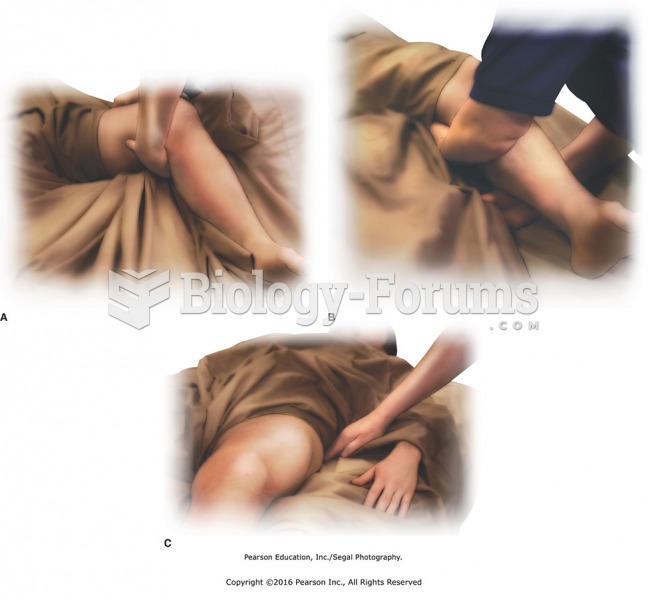Answer to Question 1
4
Rationale 1: Nurses do not perform minor surgical procedures, regardless of location.
Rationale 2: The nurse would provide nursing care, not medical care, to chronically ill children.
Rationale 3: Children seen at the clinic who need to be admitted to the hospital will be admitted under the physician's care. The nurse may transmit medical orders from the physician but is not responsible for planning hospital admissions.
Rationale 4: The nursing process is used when providing care for children who are seen in the pediatrician's office. Specific functions of the pediatric nurse in this setting include identifying children in need of urgent care or isolation.
Global Rationale:
Answer to Question 2
2,4,5
Rationale 1: Limiting the diet to soft, bland foods and administering decongestants are not needed after surgery. A regular diet should be resumed.
Rationale 2: The correct responses include encouraging the children to drink generous amounts of water, restricting the children to quiet activities after surgery, and avoiding water in the children's ears at bath time.
Rationale 3: Incorrect responses include administering a decongestant for one to two weeks following surgery and limiting their diets to soft, bland foods.
Rationale 4: The correct responses include encouraging the children to drink generous amounts of water, restricting the children to quiet activities after surgery, and avoiding water in the children's ears at bath time.
Rationale 5: The correct responses include encouraging the children to drink generous amounts of water, restricting the children to quiet activities after surgery, and avoiding water in the children's ears at bath time.
Global







